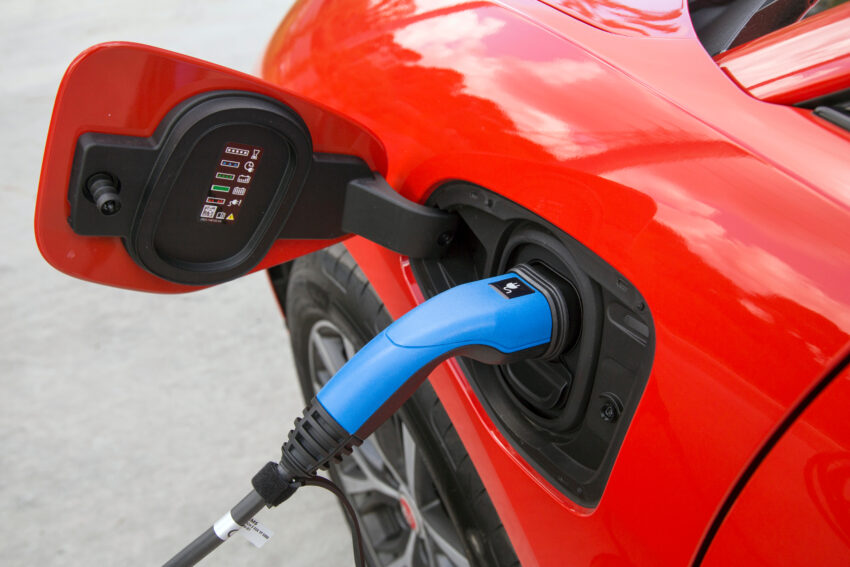Tata has confirmed plans to build a £4 billion battery factory in the UK in a boost to the automotive industry and government attempts to secure key investment.
The Indian parent company of the Jaguar Land Rover group chose the site in Somerset for their dedicated 40GWh “gigafactory” to supply its electric cars.
The new plant is expected to create 4,000 UK jobs and thousands more in the wider supply chain.
It is the biggest investment in the British automotive industry since Nissan, Toyota and Honda of Japan signed up to come to the UK in the 1980s. The government said it was a significant vote of confidence in the car industry.
The investment is a big lift for the sector after the collapse of Britishvolt’s plan to build a gigafactory in Northumberland earlier this year and concerns about the future of the car industry in the UK during the transition to zero-emission vehicles.
It is understood that Britain will need at least three large gigafactories in order to retain a presence in the global auto industry.
Tata is believed to have asked for £500 million of financial assistance.
Rishi Sunak, the prime minister, said the investment was “testament to the strength of our car manufacturing industry and its skilled workers”. He added: “This will help grow our economy by driving forward our lead in battery technology.”
N Chandrasekaran, the chairman of Tata, said: “Our multibillion-pound investment will bring state-of-the-art technology to the country, helping to power the automotive sector’s transition to electric mobility, anchored by our own business, JLR.”
The expected site near Bridgwater, known as the Gravity Smart Campus, is owned by Salamanca Group, a privately held, London-based merchant bank specialising in property and infrastructure investment. Gravity has been marketed as a site for green economy advanced manufacturing.
Darren Jones, the Labour chairman of the Commons cross-party business and trade committee, which is conducting an inquiry into UK electric vehicle battery manufacturing, welcomed the decision by JLR to invest in battery production.
However, he added a note of caution: “We will want to reflect on the subsidy package that was required to secure this decision and whether this approach is scalable to meet the need for further battery manufacturing sites for other car companies across the UK.”
Dr Andy Palmer, a senior industry figure, who as CEO of Nissan was responsible for the introduction of the Leaf fully electric model and interim chief executive of Pod Point and a long-term advocate for government support of the nascent UK battery industry, also cautioned that “if the UK dishes out the bulk of its battery-related support to one brand, then we still face likely car industry armageddon.
“Support must come in all shapes and sizes for businesses of all shapes and sizes. One gigafactory doesn’t equal success, it equals part of the puzzle.”
The announcement comes as the Conservative Party contests three parliamentary seats in a triple by-election today — including in Somerton & Frome, close to the proposed site for the gigafactory.
